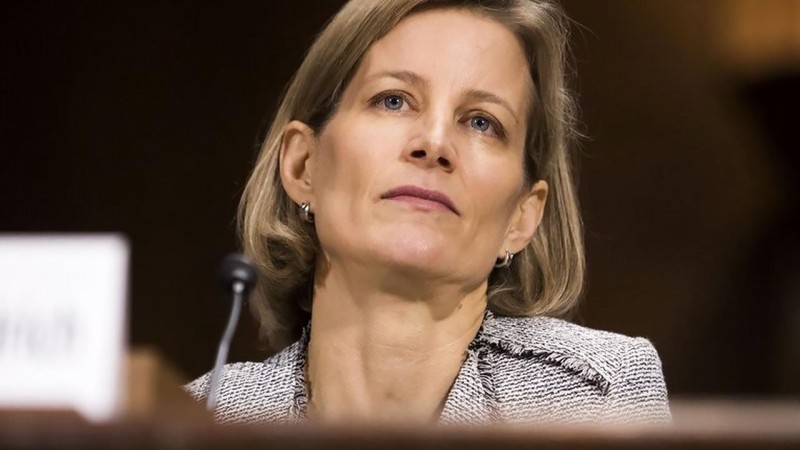
A federal district court judge in the District of Columbia ruled on Monday that the compact between the state of Florida and the Seminole Tribe, which gives the tribal nation a monopoly on sports betting, violates federal Indian gaming law.
Judge Dabney L. Friedrich’s ruling throws out the compact and invalidates it, thus halting sports betting and a planned gaming expansion in Florida indefinitely. Sports wagering was launched by the Seminole Tribe and the Hard Rock brand on November 1, and the tribe also planned to transform its Broward and Hillsborough casinos to Vegas-style venues. Both these plans have now been blocked.
The 30-year gaming compact between the state and the tribe was signed earlier this year by Gov. Ron DeSantis, and also counted with approval from the Florida Legislature and the Secretary of the U.S. Department of the Interior. The agreement called for the Seminoles to pay the state at least $2.5 billion over the first five years in exchange for sole control over sports wagering in Florida, plus the option to add roulette and craps to its operations.
However, the deal soon became the target of protest and controversy. The owners of Magic City Casino and Bonita Springs Poker Room, and a group of plaintiffs including the group No Casinos and Miami businessmen Armando Codina and Norman Braman, filed separate lawsuits against U.S. Secretary of the Interior Deb Haaland alleging the compact was improperly approved.
Friedrich has now validated these claims, concluding the compact violates the federal Indian Gaming Regulatory Act, which mandates state-sanctioned gambling to occur on tribal land. Under the Florida-Seminoles agreement, bettors were allowed to place wagers through mobile devices anywhere within the state, as long as these were processed through computer servers on tribal property. The question was whether this constitutes betting on tribal land.
According to the federal judge, it doesn’t. Friedrich described Florida’s model of sports betting through servers on tribal property as a “fiction”, reports Tampa Bay Times. “This Court cannot accept that fiction,” the judge wrote. “When a federal statute authorizes an activity only at specific locations, parties may not evade that limitation by ‘deeming’ their activity to occur where it, as a factual matter, does not.”
Friedrich thus ordered Florida to “reinstate the Tribe’s prior gaming compact,” which took effect in 2010. She further suggested the governor and the Seminoles agree on “a new compact,” with the Secretary’s approval, which could allow online gaming “solely on Indian lands.” Alternatively, Florida citizens may authorize betting across the state “through a citizens’ initiative.”
“I think this is a big victory. I couldn’t ask for more,’’ said gambling opponent Codina upon the ruling, according to the previously cited news source. It is now expected the state and Seminole Tribe to appeal the decision and request an immediate stay of the order.
Following the ruling, Florida could now pass new legislation in its 2022 legislative session, or count on a November 2022 ballot initiative. Sports betting giants FanDuel and DraftKings have already launched a petition to get sports wagering approved by voters next year. In either case, online sports betting will most likely have to wait until 2023 to launch in the state.
Original article: https://www.yogonet.com/international/news/2021/11/23/60312-florida-sports-betting-now-halted-after-federal-judge-ruling-against-state-compact-with-seminoles













